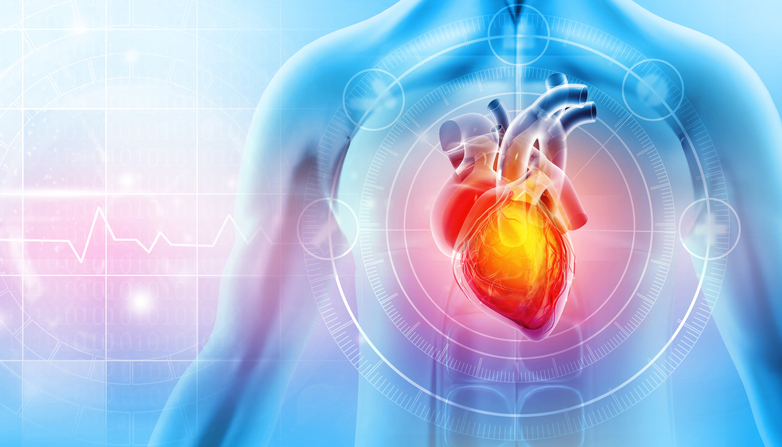Commitment + Clinical Leadership = Better Outcomes

Early Warning Signs of a Heart Attack
Did you know that every 40 seconds, an American suffers from a heart attack? That means each year, 805,000 Americans will suffer from a heart attack.
With heart attacks being so prevalent, it is important to recognize the warning signs of heart attacks so you can better take care of your health. Check out our list of early warning signs of heart attacks below.
What is a Heart Attack?
A heart attack is when the blood flow to your heart is mostly cut off or stops completely.1
Your blood flow can become constricted when your coronary arteries fill up with fat and cholesterol, which narrows the pathway for the blood to travel.2 As a result, those who have high cholesterol and fat in their arteries are more at risk for heart attacks.
The Early Warning Signs
Oftentimes, there are some warning signs to indicate a possible heart attack. Here are some examples of early warning signs.
- Heartburn
- Nausea or vomiting
- Pain in your arms, neck, back, or jaw3
- Tightness in your chest
- Cold sweats
- Heart palpitations
- Shortness of breath4
There are times, however, when heart attacks present no symptoms. This is known as a silent heart attack. Silent heart attacks make up one in every five heart attacks and they are the most prevalent among those who are diabetic and those over 75 years old.5
Risk Factors
In addition to early warning signs, there are heart attack risk factors you should be aware of. Here are some risk factors to keep in mind.
- Unhealthy diet. When you eat foods that have a lot of sodium and saturated fat, you increase your risk of a heart attack. This is because unhealthy food causes an increase in plaque, which is a substance in your arteries that can harden and restrict your body’s blood flow.
- High blood pressure. If you have high blood pressure, you are at an increased risk of having a heart attack. When you have high blood pressure, the walls of your arteries can get damaged. High blood pressure can also damage the heart.6
- Smoking. Another heart attack risk factor is smoking or breathing in second-hand smoke. When you smoke, you damage your coronary arteries and heart muscle. Additionally, smoking can cause peripheral arterial disease which can result in blood clots and a greater chance of a heart attack.7
Treatment Options
If you have had a heart attack, there are some treatment options available depending on the severity of your heart attack. Please consult with a medical professional before pursuing any treatment.
- Aspirin. Aspirin helps blood move through your arteries and reduces blood clotting.1
- Percutaneous coronary intervention. This intervention is a medical procedure that helps your blood flow to the tissues damaged due to your heart attack.8
- Beta-blockers. Beta-blockers cause your heart rate to slow down, which helps your heart repair itself after a heart attack.3
- ACE inhibitors. ACE inhibitors help open your blood vessels, which makes it easier for blood to flow to your heart. Additionally, they help protect your heart and arteries.9
Saber Healthcare
Saber Healthcare is an organization that provides consulting services to more than 130 buildings across the states of Ohio, Pennsylvania, Virginia, North Carolina, Indiana, and Delaware. To learn more about our company and services, click here.
Saber Healthcare is an organization dedicated to providing consultant services to long-term care providers. This article is for informational purposes and is not meant to be seen as professional advice. Please consult with a medical expert before relying on the information provided.
Sources
- https://www.mayoclinic.org/diseases-conditions/heart-attack/symptoms-causes/syc-20373106
- https://www.heart.org/en/health-topics/heart-attack/about-heart-attacks
- https://health.clevelandclinic.org/early-signs-of-a-heart-attack
- https://www.sutterhealth.org/health/heart/early-signs-of-a-heart-attack
- https://www.unitypoint.org/news-and-articles/10-surprising-facts-about-heart-attacks-infographic
- https://www.bhf.org.uk/informationsupport/heart-matters-magazine/medical/6-things-you-need-to-know-about-high-blood-pressure
- https://www.betterhealth.vic.gov.au/health/healthyliving/smoking-and-heart-disease
- https://www.medicalnewstoday.com/articles/151444
- https://www.heartandstroke.ca/heart-disease/treatments/medications/angiotensin-converting-enzyme-inhibitors
